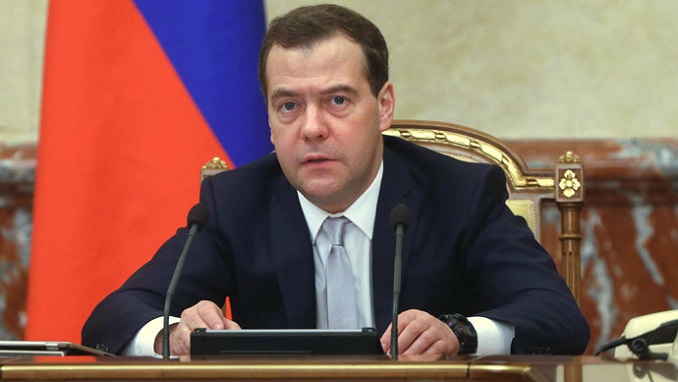Today in Tashkent, the heads of government of the countries participating in the Shanghai Cooperation Organization (SCO) discussed the prospects for economic cooperation within the framework of the association – trade turnover grew in 2018 by 21% in annual terms.
The participants plan to consolidate this trend by updating the program of multilateral trade and economic cooperation until 2035 – the emphasis in the new version of the document is planned to be made on digitalization.
Also, the issue of switching to settlements in national currencies remains on the SCO agenda – at the meeting, calls were again made to intensify this work. While this proposal remains at the development stage, a substantive discussion at the level of finance ministries and regulators is scheduled for March 2020.
Russian Prime Minister Dmitry Medvedev arrived in the capital of Uzbekistan on the eve of the meeting of the Council of Heads of Government of the SCO member states. Today, the meeting began early in the morning with the delegations of India, Kazakhstan, China, Kyrgyzstan, Pakistan, Russia, Tajikistan, and Uzbekistan, as well as observer countries (Afghanistan, Belarus, Iran, and Mongolia) gathered at the Kuksaraoy state residence.
Given the slowdown in global economic growth, the Prime Minister of Kazakhstan, Askar Mamin, stated that intensification of cooperation between the SCO countries is required. One of the proposals for enhancing contacts – at the level of business circles – was received from the Prime Minister of Uzbekistan Abdulla Aripov, who came up with the idea to hold an economic forum of the SCO annually. The economic interaction within the framework of the association of prime ministers is generally satisfactory – they have repeatedly spoken about the growth of commodity circulation.
In 2018, Russia’s trade with the SCO countries increased by 21% compared to 2017 – up to $145.5 billion.
As previously noted by the SCO Secretary-General Vladimir Nosov, the total GDP of the SCO states now amounts to more than $18 trillion, or 20% of the total world GDP, according to him, the SCO has “huge potential for the growth of trade, economic, investment and innovative cooperation.”
According to Dmitry Medvedev, the updated program of multilateral trade and economic cooperation of the SCO member states until 2035 should consolidate the positive trend and contribute to building economic cooperation.
The heads of government today signed this document, it should replace the current program, calculated until 2020. Details of the document are not disclosed, it is only noted that among the stated topics of the program: cooperation in finance, transport, customs, agriculture, tourism, digital agenda, ecology, and education. Emphasis will be placed on new challenges – digitalization and high technology.
In continuation of the development of the “figures” in the SCO, Askar Mamin proposed creating a council for the development of the digital economy, “which could become a platform for developing a mutually beneficial partnership for the introduction of new technological elements” in the SCO countries, for example, 5G, big data, and blockchain.











